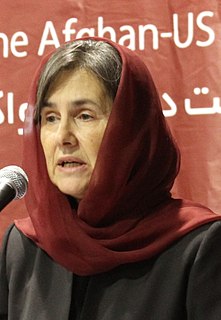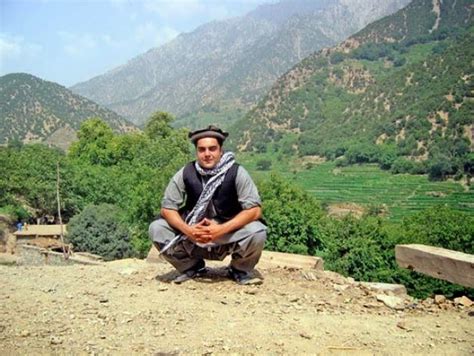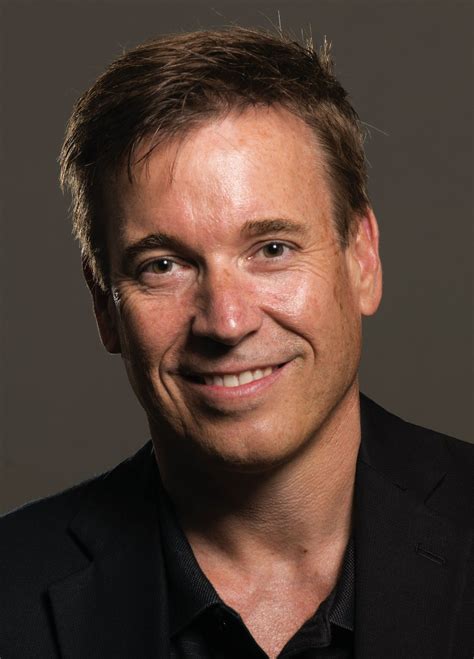A Quote by David Petraeus
Needless to say, innumerable challenges exist in all areas of governance, and much more needs to be done to help the Afghan government assume full responsibility for addressing the concerns of ordinary Afghan citizens.
Related Quotes
The president [Barack Obama] decided to leave more troops than he had originally planned in Afghanistan. We have a very cooperative government there, with Ashraf Ghani and his top - his top partner, Abdullah. And they are doing their very best. And the Afghan army is actually fighting. The Afghan army is taking heavy losses defending Afghan territory.
Quite frankly, the federal government needs - as it needs to on so many levels - to be a better partner to provinces and municipalities with the challenges their citizens are facing. I think a federal government that collects appropriate data and actually understands what people are challenged with in their daily lives, and in their hopes and dreams, is going to be able to help with municipalities and provinces in addressing various challenges like these.
The Afghan government is much better informed, much more intrusive and ambitious than I had guessed. There are amazing craftsmen in Kabul but few designers and wage rates are astonishingly high - which is a problem when trying to support and promote Afghan craft exports. The community in Murad Khani in the old city - who we are helping to restore their area - have been the best part so far - eccentric, led by a champion wrestler, determined, proud and courageous.
I mean,you will have an Afghan government. There are two roads here. One is obviously a run-off election or a negotiated settlement. But what's most important about that process is that there's a credibility and a legitimacy to the government at the end of that process. So which road they choose, that's up to them. It must have - be legitimate and credible in the eyes of the Afghan people.
The question is always how you get the number of troops needed. They do not have to be coalition forces. We also have to expand the training program for the Afghan National Army and the national police, in particular. and Defense Secretary Robert Gates has already announced support for a significant increase in the Afghan army.


































